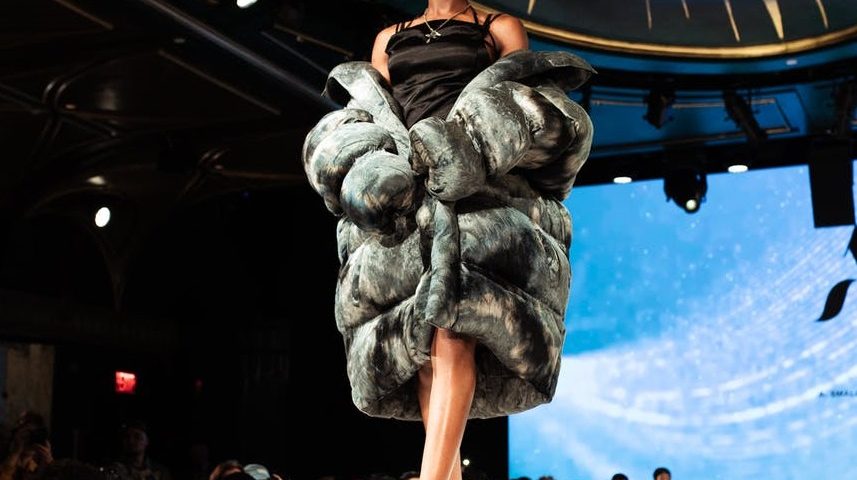“Tell me,” Albert Camus’ Clamence asks, “doesn’t shame sting a little?”
Central to the classic midcentury novel, The Fall, it’s the moral question that haunts the protagonist, Clamence. Does shame sting? The question haunted the author who put so much of himself in the book and also innumerable readers who see themselves in its pages. It’s an unnerving little novel; few texts have described us better, all of us guilty hedonists in need of confession.
Especially now in this time of pandemic and irresponsibility.
The moral failure at the heart of the book is a failure of compassion. Clamence, a well-known Parisian lawyer, served “noble causes.” He helped blind people cross the street. In many respects he was a good man. Yet he was also a sensualist, a hedonist and user of women. And, as hedonists must always become, he was an egoist. In all he did, even for good causes, only he mattered.
Thus, when real crisis came, he failed. Walking across the Pont des Arts one night, he passed by a woman leaning over the bridge who, in the moment he passed by her, jumped. “Almost at once,” Clamence confesses, “I heard a cry, repeated several times, which was going downstream; then it suddenly ceased.
“I wanted to run and yet didn’t stir,” he said. “I felt an irresistible weakness steal over me.” He couldn’t help; he couldn’t run. A moment later he simply walked away, the woman presumably drowned. “I informed no one,” he said. “The next day, the days following, I didn’t read the papers.” Such was Clamence’s shame, what stung a little.
This is merely literature, of course, but it’s good literature that shows us ourselves. Only the disingenuous or stupid would not see themselves in Camus’ compunctious protagonist. What Camus describes, what he confessed himself to be, each of us has become. Perfectly conditioned consumers, habituated materialists, yet indoctrinated in purchasable mythologies of the good life, we too are passionate about noble causes yet are hedonists and egoists all the same. It’s the perfect illusion and trick of modernity.
You see, our spiritual directors have for decades been the advertisers; our priests, the celebrities and influencers they employ. They formed us as they have wished: as perfectly self-interested consumers always able sentimentally to assuage whatever guilt our accumulation problematically creates.
Unknown to most, yet immensely influential, we’ve been redesigned by the minds of people like Ernest Dichter and so many after him. Dichter, whether you know him or not, was one of the fathers of our world of ubiquitous advertising, which has shaped your brain and mine all our lives. What he and others set out to achieve, was achieved.
Writing in 1960, Dichter’s enemy was the American puritanical instinct. “What has become imperative for us is to revise our morality. Hedonism, as defended by the old Greeks, has to be brought to the surface again,” he wrote. And he was successful. This, largely, is what’s become of so many of us. It would be, he hoped, a godless happiness, the futile search for spiritual happiness baited and switched for a happiness that was, he thought, more realistic, purely material.
So, if this is us, if we are indeed what Camus described and Dichter designed — guilt-processing, materialist hedonists — are we surprised by our present social failure? We shouldn’t be. What our various crises in this strange year have revealed undeniably is our character.
Inequalities, racism, the pandemic: for each we have been able to think and say the right things but unable, so often, to do the right things. Such, of course, is our peculiar ritual: repeatedly to judge others and yet absolve ourselves and others like us, and to change nothing. Which allows us to feel atoned for sins we refuse to quit while still enjoying the judgment of others. Which in turn explains things like Twitter and so much else, the noise of a billion guilty hedonists.
And it’s what’s become so deadly and depressing during this pandemic. Never mind the mask-less, that strange stubborn lot. We are as guilty, we who continue to approve those things we do, those small risks we take. That sporting event, that Thanksgiving dinner, that seemingly harmless casual gathering of friends: We know these things are irresponsible; we descry them even as we do them.
Even knowing this virus has killed a quarter-million people in the United States, that numbers are rising again, we still do what we want. Even though our health care professionals are exhausted and on the brink, we still do what we want. As a nurse in Ed Yong’s recent piece in The Atlantic is quoted saying, “No one is listening to us.”
Like for the woman drowned in Camus’ chilling novel, we do nothing for those around us. We freeze, allow shame to sting a little, and then keep going.
Because we’ve been conditioned, beyond mere sentiments, not to care, shaped perfectly to be the consumers we are. Nestled in our homes, servants of Amazon at the ready to bring a box or two today or tomorrow, just one click away, it is our psychological opiate, our cleansing ritual, our sacrament, the absolving of these sins against our neighbors we daily commit. This is the tragedy of our misused freedom, the tragedy of our wealth. It’s just that there’s a deadly virus now, and it’s showing us clearly what we are, and what we shouldn’t be.
Such is the human question, the moral one underneath this mess. How much does shame sting? So far, the answer has been not much.
This column originally appeared in The Dallas Morning News.










